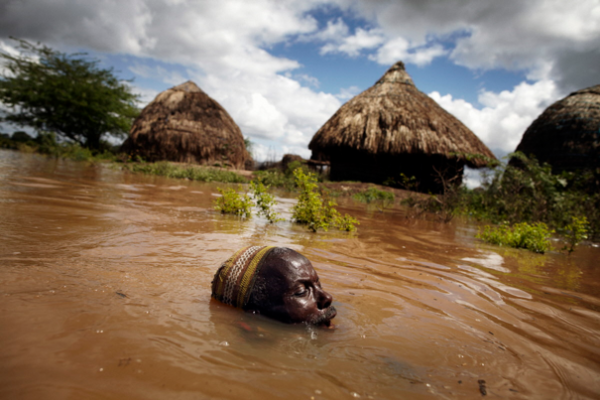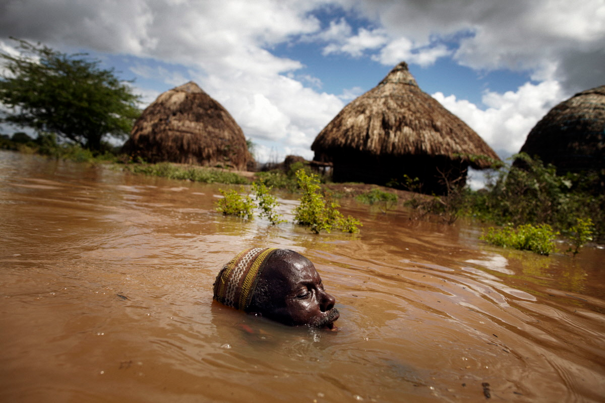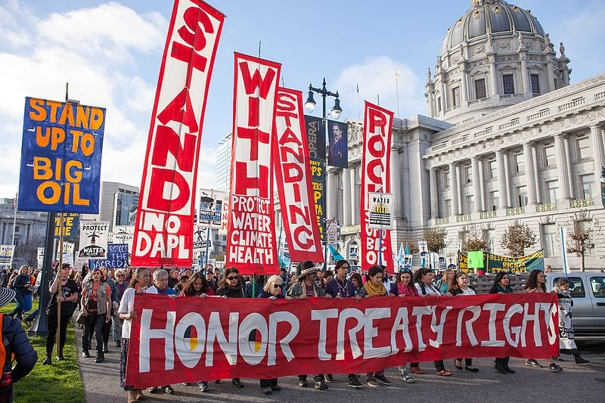
The window for effective action is small and rapidly closing - we need a renewed and growing sense of urgency, to "keep 1.5° alive".

After 27 COPs, worldwide emissions are still rising. The window for effective action is small and rapidly closing. We can see with ever greater clarity that we are running out of time to stop climate change before we spend the full CO2 budget to stay within a 1.5 °C warming. Right now, the world is heading to an approximate 3.0 °C temperature rise. Without a renewed and growing sense of urgency for action, we will certainly fail to mitigate the worst impacts to come effectively.
It is indisputable that the status quo is failing. Powerful vested interests are lobbying to maintain it -how can the next COP be held in a petrostate and led by a fossil fuel executive? - and a polluting elite is resisting change -how can 15-minute private jet flights still be possible in a climate emergency?-. The mainstream economic thinking of our age prioritises limitless economic growth (ever-increasing production and consumption) that delivers for a few only, at the expense of a better living for the majority in a world of limited natural resources. Not all individuals are equally responsible - high-consuming and high-income countries and groups are disproportionately responsible for a higher share of the emissions.
Our collective hope should not rely on the status quo to deliver better results with the same mindset and thinking frameworks. We need a radical and urgent transition to more sustainable economic models, otherwise, growing costs - including in human lives - will be added to those already generated by climate change-related events.
We need 1.5° lifestyles - lifestyles in line with the 1.5 °C-target of the Paris Agreement.
Our lifestyles are not only shaped by individual choices, but also by our economic, technological, social, cultural and political contexts. All of these structural factors can enable or hinder individual choices. In other words, system change is required to achieve individual change.
But let us not get caught in advocating only for individual change or only for system change. We need both. Individual action influences system change. Individual behaviour has to change, starting from the people currently overshooting a 1.5 °C-equally-distributed carbon budget across the global population. It is not sufficient, but it is necessary for the level of societal transformation needed. Our research also found that overcoming inequality in “resources, resource use and power” is considered one of the key structures, as judged by experts, that would enable 1.5° lifestyles. You can read more about it here.

It is time to choose hope and reject fear.
Reduced inequality would lead to healthier and safer societies. Greater equality is linked to the improvement of most objective measures of well-being, from child development to life expectancy, from declining violence to improved social cohesion, interpersonal trust and lower stress levels. By following an equity-based approach to climate change mitigation, inequalities could be reduced and their negative environmental, social, health and economic impacts are minimised.
Changing towards sustainable and just lifestyles is fundamental for improving health and well-being for all, in the direction of a care-centred society. Lifestyle shifts have also been shown to improve physical and mental health, including trust and engagement in communities and the quality of social relationships, in the short, medium and long term. We could live well within planetary boundaries - if we choose.
And yet, science does tell us that, even though the chances are ever slimmer, it is still possible to stay within the 1.5 °C-limit. Such a handbrake on climate change would make all the difference. It will be up to me, you, and a growing movement of people, to achieve in a short amount of time what others may deem impossible today.
The results of our project alone will certainly not be enough to achieve 1.5° lifestyles. But if you, policy-maker, use our work for high-ambition policies; if you, researcher, use our work to further knowledge and influence decision-makers; if you, activist, use our work to organise and mobilise people for policy change; if you, educator, use our work to educate the next generation; and even you, business leader, use our work to take responsible decisions that positively impact your company’s value chain… then we might be able to say with confidence that we were part of the movement that, even against all odds, kept 1.5° alive.
Diogo Silva, Hot or Cool Institute

